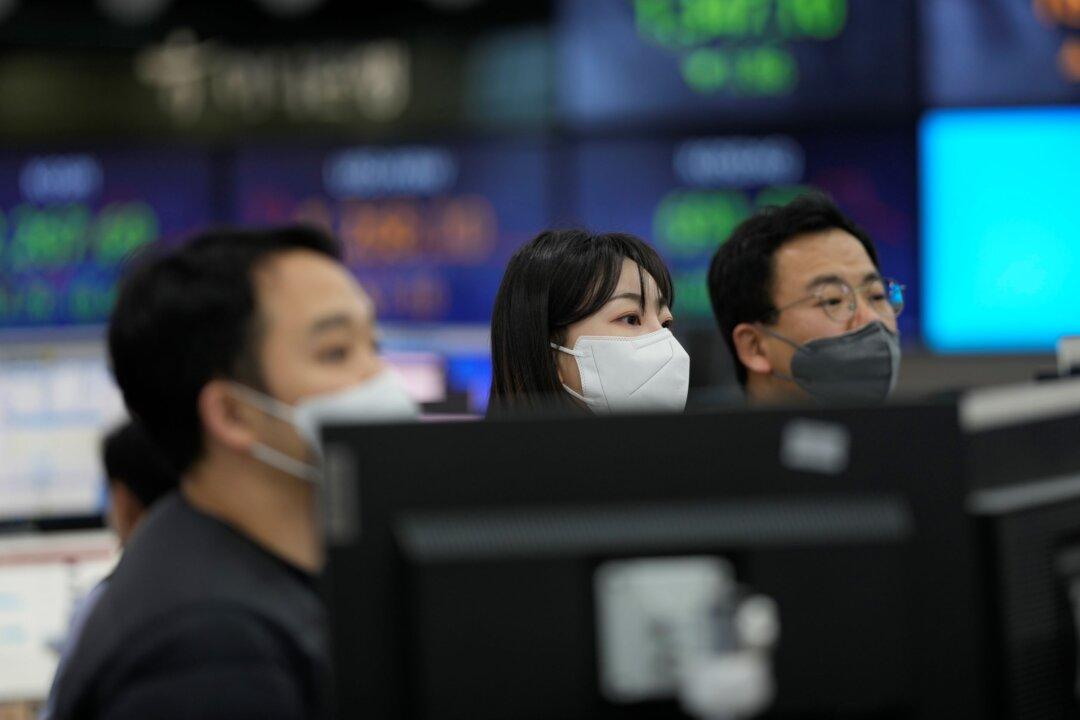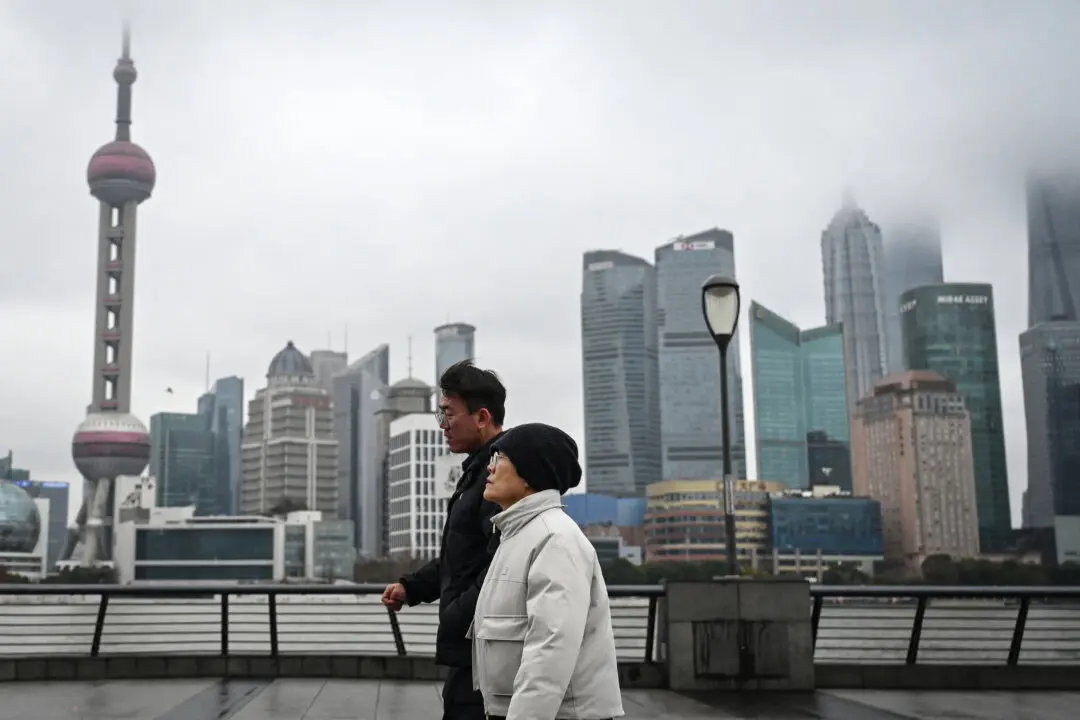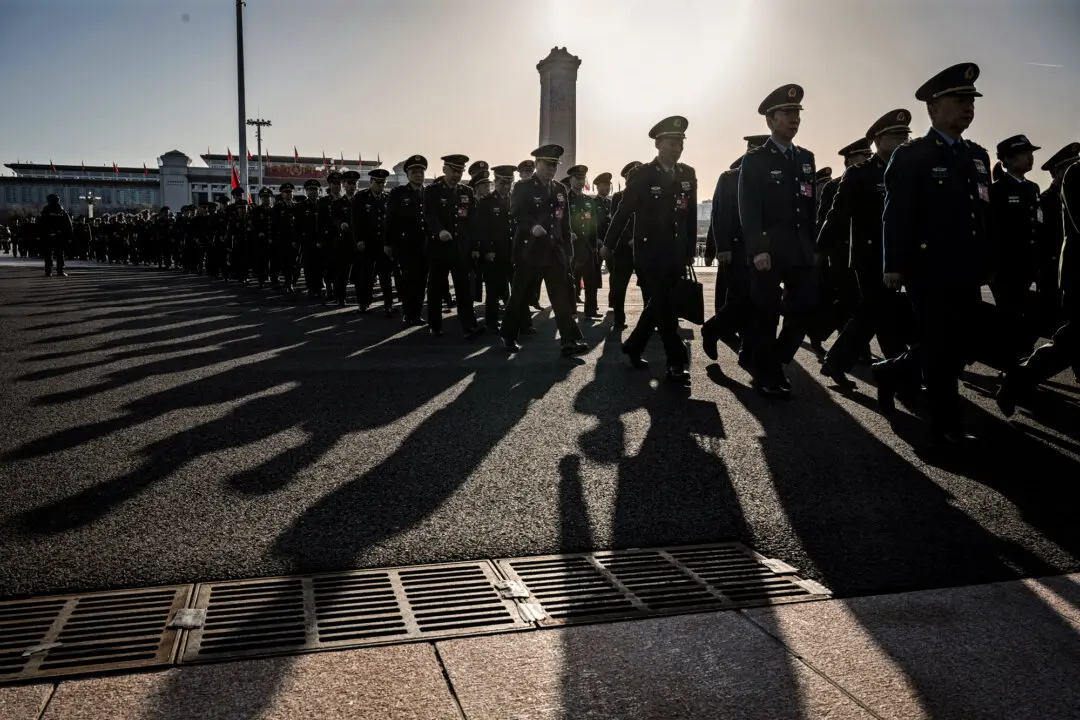More than 60 percent of Korean employees at South Korean diplomatic and consular offices across China have been infected with COVID-19 over the past two weeks, as a new wave of the virus sweeps through the country.
South Korea has announced that it will suspend its issuing of short-term visas in China until Jan. 31.




